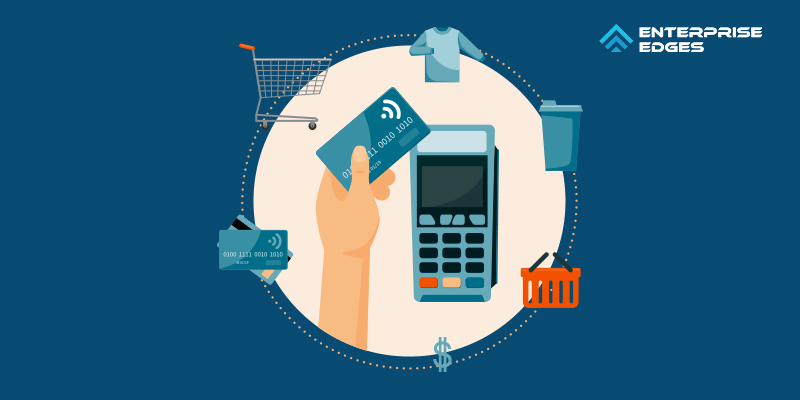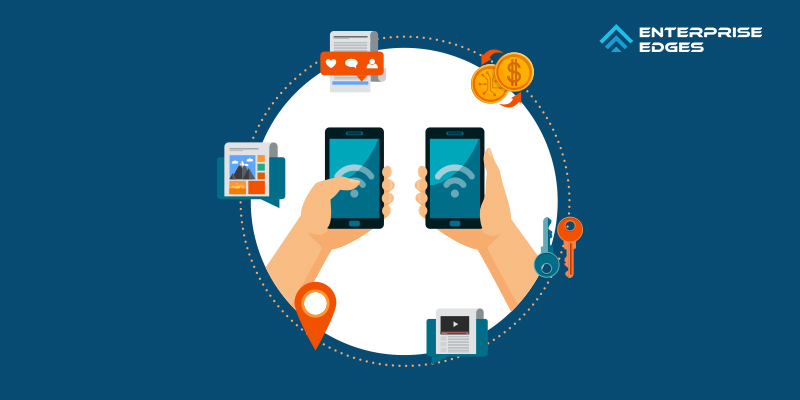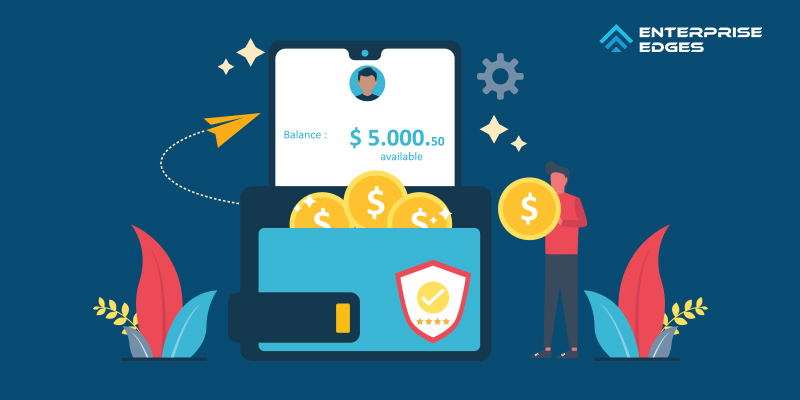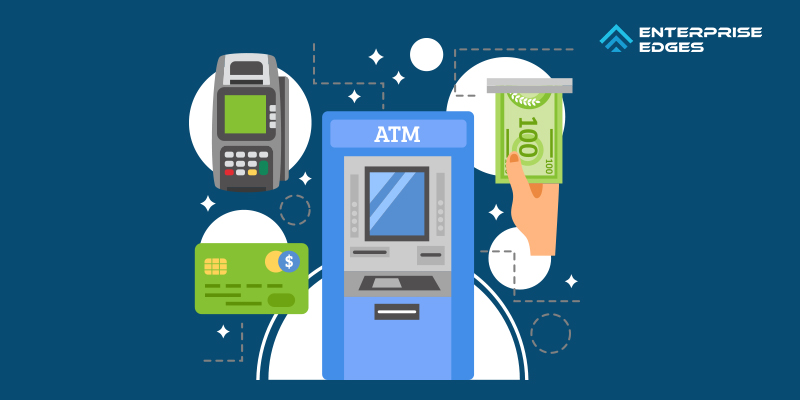The evolution of financial technology has been one of the most impressive accomplishments of the past decade. The banking industry, in particular, has been at the forefront of digital innovation. Banks have had to adapt swiftly as customers’ needs changed and the demand for convenience continued to grow. Among the myriad of innovative solutions offered by banks, digital banking services has been the most successful one.
Digital banking has completely changed the way we bank today.
What is Digital Banking?

Digital banking refers to the digitization of traditional banking services. Simply put, a digital banking platform allows bank’s customers to avail of all of the banking services online with the help of the internet.
There used to be a time where one had to physically go to a bank for essential banking services such as cash deposits, cheques (both deposits and payments), bill payments, balance inquiry, and money transfers. This is no longer the case.
Digital banking solutions offer an entire array of banking services with just a few clicks. Furthermore, online banking can be accessed from anywhere and from any device – including a laptop, tablet, or a mobile phone – as long as you are connected to the internet. Digital banking is quick, convenient, and available 24/7.
Digital Banking Features
In order to make online banking accessible, banks offer certain key digital banking features. Here is a quick look at some of them.
Online and Mobile Banking

This is one of the most fundamental features of digital banking. Most retail banks these days offer online banking services that allow you to make essential banking transactions without the need to visit a bank branch. Online banking is available throughout the day and you can carry out some of the transactions such as IMPS money transfer even after the banking hours are over. You don’t have to visit the bank for simple tasks like a change of address, block or request a new debit card, and so on; all of this can be done online.
In addition to online banking, retail banks also offer the services of mobile banking. You can download your bank’s app, securely log in, and conduct your banking business as usual.
Auto Bill Payments
Managing your monthly bill payments can be a cumbersome task. With the help of a digital banking platform, you can automate your bill payments without having to worry about missing the due dates.
You can pay most of the utility bills online. You don’t have to stand in long lines to pay your electricity bill or your water bill. You can also pay other bills such as your credit card bills, EMI payments, and so on.
As per a recent survey, only 3% of India’s population paid utility bills online in 2017. But as banking technology evolved and became more secure, this number has grown significantly.
Digital Wallets

Digital wallets have become extremely popular after demonetization. People used to pay with cash or use other modes of payment at the Point of Sale (POS) at retail outlets, restaurants, and so on. Digital wallets have changed this behavior considerably; mobile payment apps such as Paytm and MobiKwik have replaced cash payments. Even if you forget your wallet or your card at home, you can make payments via digital wallets.
Unified Payment System (UPI)
Depositing money into someone’s account used to be a chore. Thanks to the UPI technology – developed by the National Payments Corporation of India – depositing money into another account is now an extremely easy task. Deposits can be made through virtual payment address (VPA), mobile number, account number and IFSC code, and so on. Google Pay, Bhim, and PhonePe are the most popular UPI apps in the country.
Access to ATM Networks

Most retail banks have a robust network of ATMs set up across the city. Digital banking gives you access to your cash with just your debit or ATM card.
Investments and Other Financial Products
Digital banking platforms allow you to open fixed deposits or recurring deposits online. You can also invest in other financial products such as mutual funds. You can also apply for loans such as home, auto, or a personal loan by logging into your bank’s online banking platform. There is no need to visit the branch of any of these activities.
Security and Data Protection
Online transactions are safe and secure. Most online banking platforms offer two-step verification for additional security in order to avoid theft and hacking activities. This also reduced the risk of human error. The data available on these platforms is encrypted and well protected.
Conclusion
A seamless digital banking experience inspires customer loyalty and encourages even the most hesitant customers to try some of the basic banking transactions online. Retail banking has become an extremely competitive industry; for banks to stay relevant and remain ahead of the competition they must adopt digital banking services in its entirety. Digital banks offer speed and efficiency.
The banking and financial services industry is always looking for innovative ways to provide a superior customer experience. They can accomplish this by offering digital banking solutions at every touchpoint.
